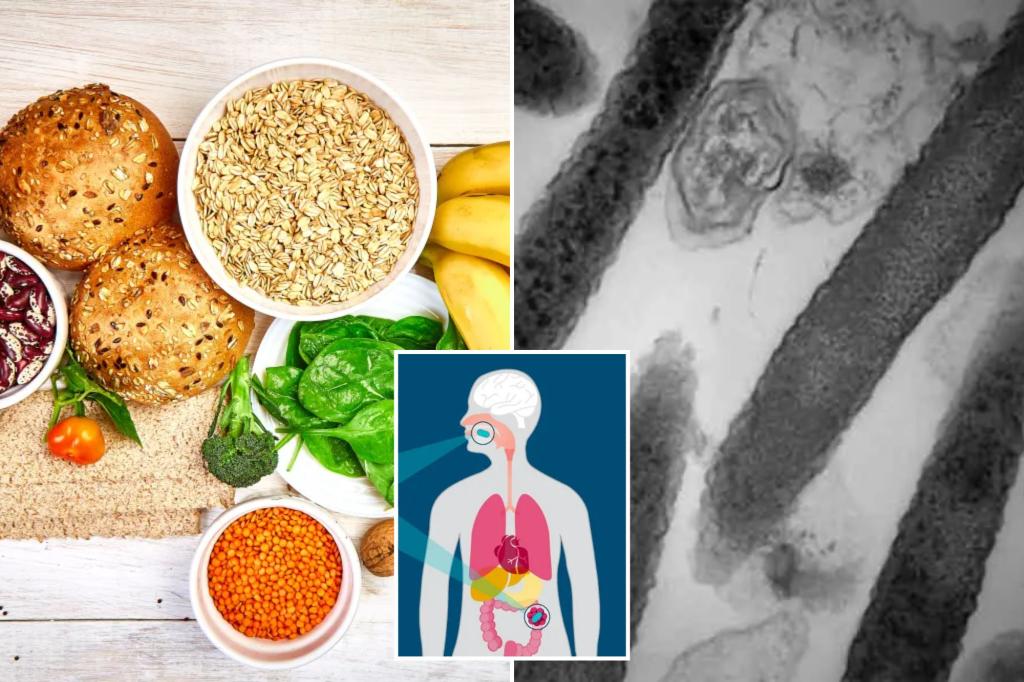Colorectal cancer in young adults is a growing concern, with Ohio State University researchers identifying diets high in fat and low in fiber as potential factors that can increase the risk of early-onset colorectal cancer. The “Western diet” has been linked to disruptions in the balance of bacteria in the gastrointestinal tract, leading to inflammation that ages cells faster and makes them more susceptible to cancer. These findings were presented at the American Society of Clinical Oncology’s annual meeting in Chicago.
According to the study by OSU scientists, individuals with early-onset colorectal cancer were biologically older by an average of 15 years compared to their chronological age. This difference was not observed in patients with late-onset colorectal cancer. Biological age is influenced by genetics, environmental exposures, and lifestyle factors such as diet, exercise, and sleep, while chronological age refers to the number of years a person has been alive.
The researchers attributed the development of colorectal cancer to Fusobacterium, a bacteria commonly found in the mouth that is suspected of promoting cancer growth in the digestive system. Other cancer researchers have also explored the connection between Fusobacterium and colorectal cancer, suggesting that targeting these microbes could be a potential strategy for disease prevention and treatment.
As the rates of early-onset colorectal cancer continue to increase worldwide, researchers are working to understand the underlying causes of the disease. In 2019, 20% of new colorectal cancer diagnoses were in individuals younger than 55, up from 11% in 1995, according to the American Cancer Society. Research has shown that a high intake of dietary fiber can reduce the risk of various types of cancer, including esophageal, gastric, colon, and rectal cancer.
Experts recommend consuming fiber-rich foods such as fruits (oranges, apples), whole grains, nuts, and seeds to support healthy gut bacteria and lower the risk of cancer. However, most Americans do not consume enough fiber in their diets. Women are advised to consume 25 grams of fiber per day, while men should aim for 38 grams to promote optimal health and reduce the risk of developing colorectal cancer.
Overall, the research on early-onset colorectal cancer highlights the importance of maintaining a healthy diet rich in fiber and low in fat to support gut health and reduce inflammation that can contribute to cancer development. By understanding the role of microbes like Fusobacterium in colorectal cancer, scientists can develop targeted strategies for prevention and treatment, potentially reducing the growing rates of this disease in young adults.















